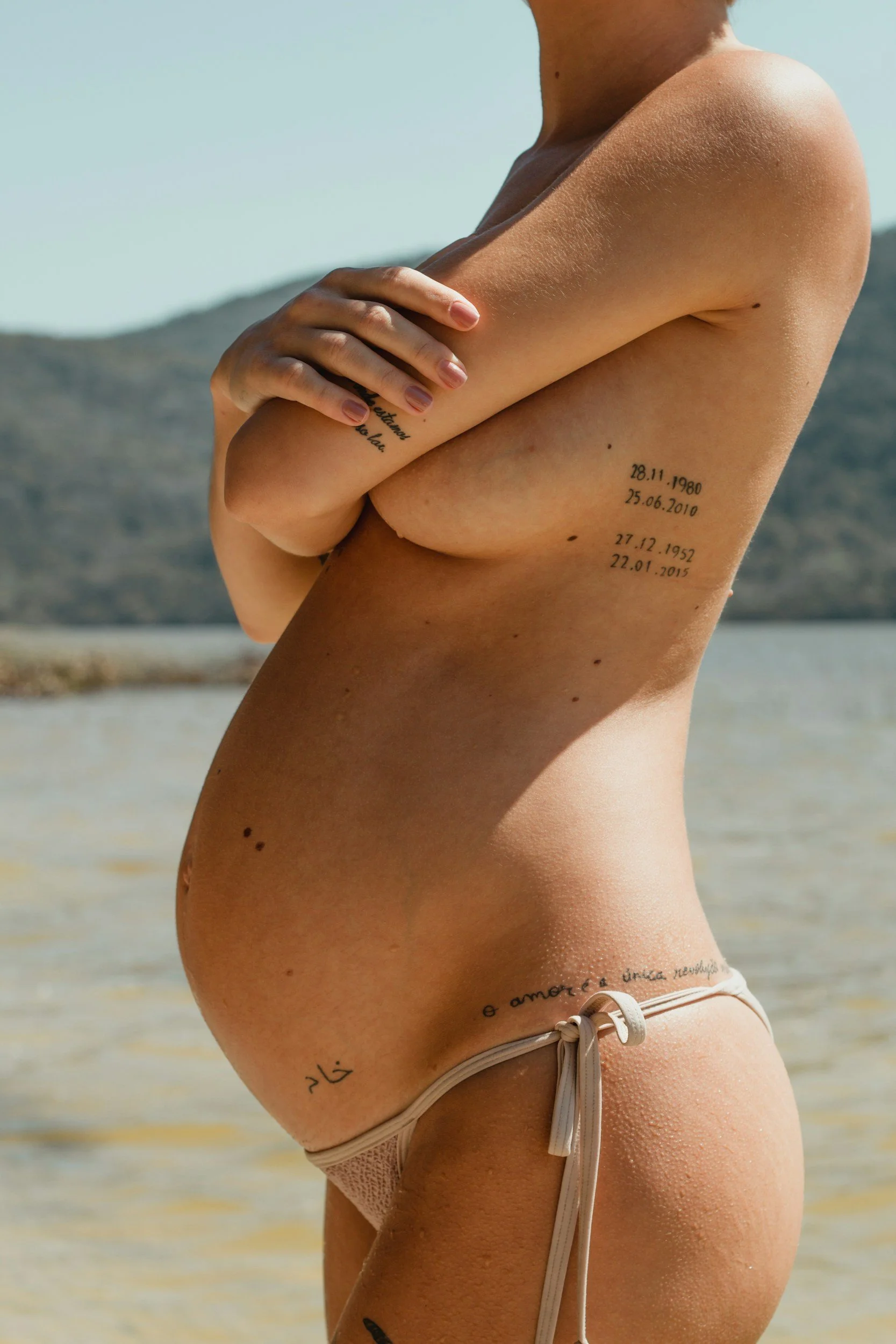Why Your Hips, Back, and Posture Feel Different After Having a Baby
Pregnant body
You carried life. You grew and birthed an entire human being. So it’s no surprise that your body — especially your hips, back, and posture — feels different after having a baby. But while many mums brush this off as “just part of motherhood,” the truth is that these changes often have a clear physical cause… and support is available to help you feel strong and comfortable again.
The incredible adaptability of your body
During pregnancy, your body releases a hormone called relaxin. Its job is to loosen ligaments and joints to prepare your pelvis for birth. While essential, this increased flexibility also makes joints less stable — particularly around your pelvis, hips, and lower back.
Even after birth, relaxin can remain in your system for months (sometimes up to a year, especially if you’re breastfeeding), which means your joints may continue to feel wobbly or achy for a while.
At the same time, your core muscles and pelvic floor have been stretched and weakened to make room for your growing baby. Without their usual support, your posture often shifts — your back may arch more, your pelvis may tilt, and your shoulders may round forward, especially from hours spent feeding and carrying your baby.
Common postnatal posture changes
It’s not your imagination — research has shown that many women experience measurable postural changes after pregnancy and birth. You might notice:
A deeper curve in your lower back (lumbar lordosis)
Tightness across the hips or pelvis
Shoulder rounding and neck tension from feeding or babywearing
Pelvic imbalance leading to hip pain or one side feeling “off”
These shifts can create a ripple effect throughout the body — what starts as a tight hip can easily lead to back pain, headaches, or discomfort when walking, exercising, or even sitting.
Why it’s not “just posture”
While posture plays a big role, these sensations are also about alignment, healing, and connection. Your body has done something extraordinary, but it also deserves time and guided support to recover.
Ignoring pain or discomfort can lead to longer-term issues like pelvic instability, diastasis recti (abdominal separation), or chronic lower back pain.
The good news? With the right care, most postnatal changes can be rehabilitated — not endured.
Rebuilding balance and strength
A postnatal recovery plan should focus on reconnecting your core, pelvic floor, and breath, while gently addressing misalignments that might be causing pain or stiffness. That’s where our partners at One Health come in offering Mummy MOT and osteopathy, which can make an enormous difference.
The Mummy MOT
A Mummy MOT is a specialist postnatal check-up carried out by a women’s health physiotherapist. It goes beyond the standard 6-week GP check, assessing your posture, core, pelvic floor, and overall alignment. You’ll receive a personalised recovery plan that supports your unique body and lifestyle.
Osteopathy
Osteopathic treatment takes a holistic view of your recovery. Through gentle hands-on techniques, an osteopath can release tension, improve mobility, and restore balance across the spine, pelvis, and hips. It’s especially helpful if you’re experiencing lingering aches, nerve pain, or feel “uneven” after birth.
You don’t have to “just live with it”
Feeling different after having a baby is normal — but feeling uncomfortable, unstable, or in pain doesn’t have to be. Your body has been through transformation, not damage. With the right guidance and care, you can rebuild strength, balance, and confidence in your body again.
✨ If your hips, back or posture still don’t feel quite right, book a Mummy MOT or osteopathy appointment through One Halth. Your postnatal recovery deserves as much care as your pregnancy.


